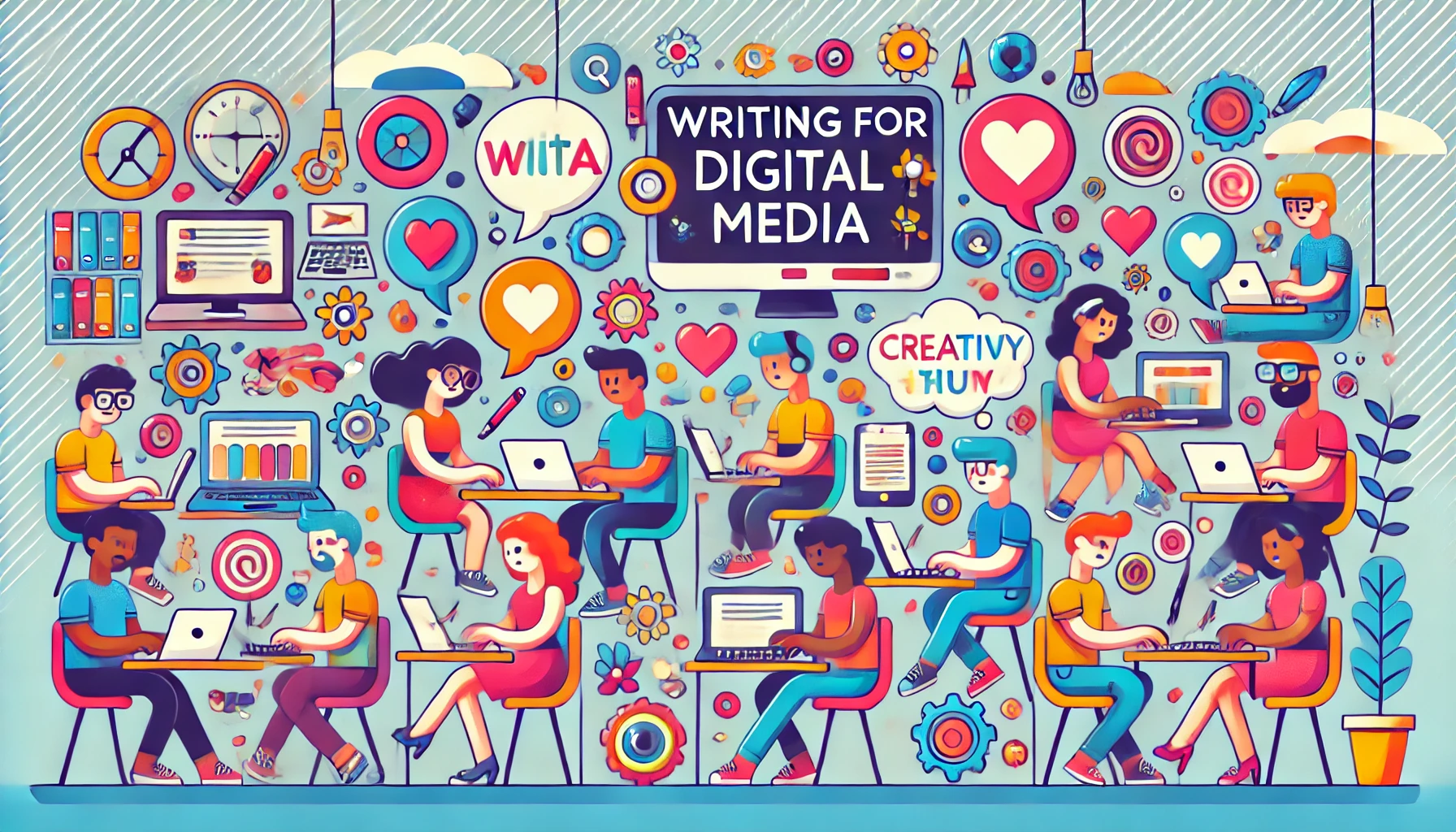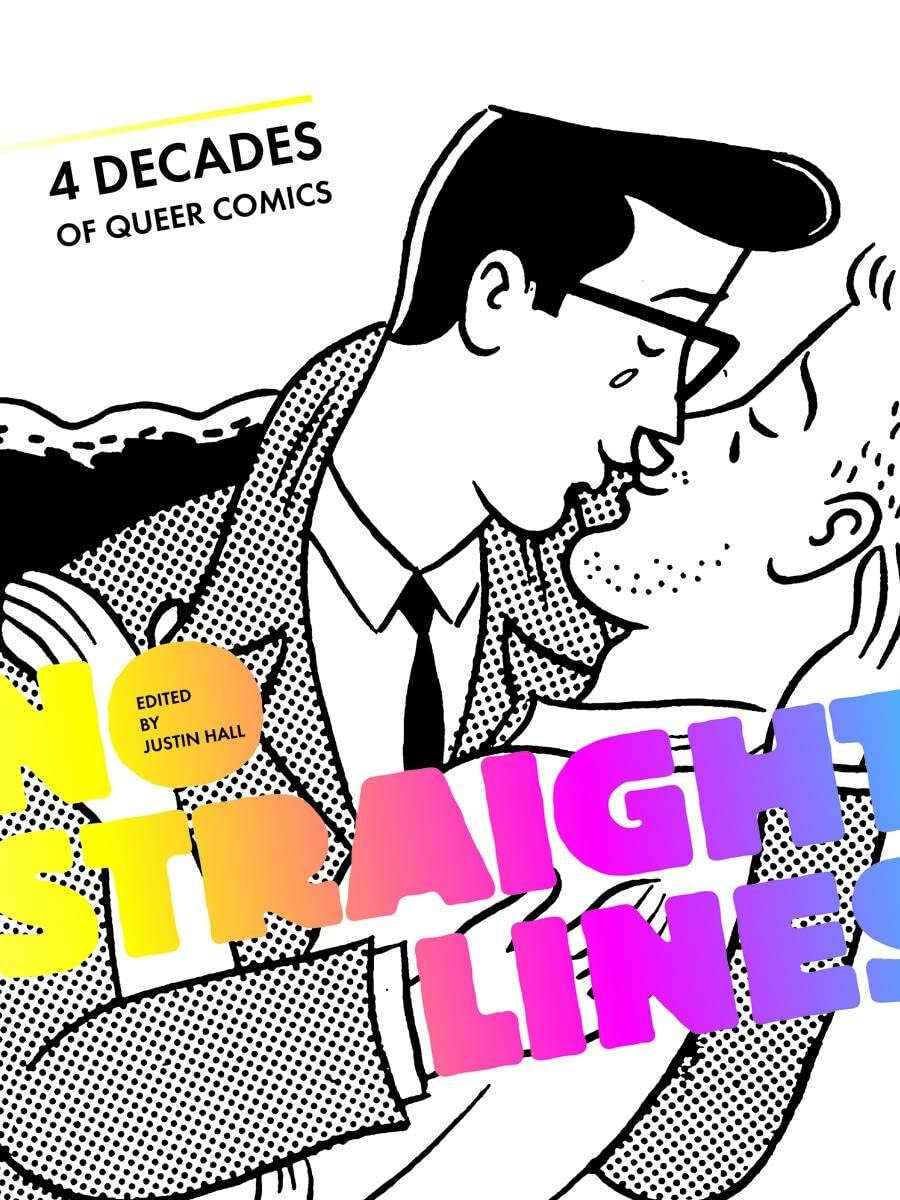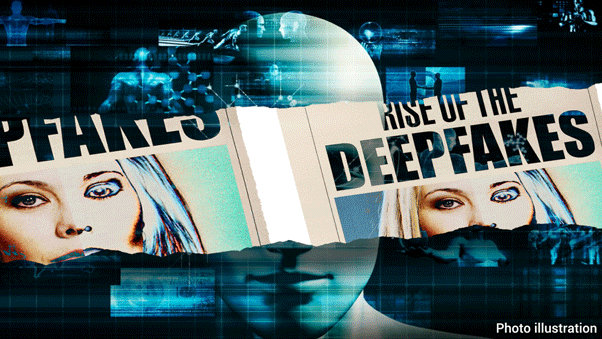Queer Bibliography represents a groundbreaking intervention in traditional bibliographic scholarship that emerged as a formally recognized field in 2023. This nascent discipline fundamentally reimagines how we approach the study of books, texts, and reading practices through the lens of queer theory and LGBTQ+ lived experiences. Unlike traditional bibliography’s claims to neutral objectivity, Queer Bibliography explicitly challenges heteronormative assumptions embedded in bibliographic practices while developing new methodologies centered on community care, intersectionality, and reparative scholarship.
The field gained institutional recognition through the inaugural “Queer Bibliography: Tools, Methods, Practice, Approaches” symposium held at Senate House, University of London in February 2023, organized by Malcolm Noble and Sarah Pyke. This groundbreaking gathering directly led to the historic June 2024 special issue of Papers of the Bibliographical Society of America (Volume 118, Number 2), Kate Ozment the first comprehensive academic treatment of queer bibliography as a distinct methodological approach. The field’s rapid institutionalization reflects growing recognition that traditional bibliographic methods, emerging from 19th-century elite collecting culture, inadequately serve marginalized communities whose textual practices have long been excluded from formal scholarly attention.
Theoretical foundations and methodological distinctions
Queer Bibliography operates through two complementary approaches that together challenge traditional scholarly boundaries. Queer Vernacular Bibliography encompasses the informal bibliographic practices of LGBTQ+ readers and communities—described as “practiced in the vernacular, felt as much as thought, intuitive as much as intellectual.” This recognizes the long-standing tradition of queer readers creating their own reading networks, recommendation systems, and interpretive communities outside formal academic structures.
Queer Critical Bibliography represents the formal academic branch that “draws strongly on other radical bibliographical traditions and practices,” systematically applying queer theory to bibliographic inquiry. This approach integrates five key dimensions: bibliographic excavation, material-discursive entanglement, affective bibliography, temporal disruption, and queer citation as praxis. The methodology positions bibliography as “a means by which marginalized texts and identities achieve material persistence against moral erasure”—a fundamentally reparative practice rather than neutral documentation.
The field distinguishes itself from traditional bibliography through several crucial methodological shifts. Where traditional bibliography emerged from the values of “wealthy, white men responsible for its inception and growth” and functioned “within a colonialist set of assumptions,” Queer Bibliography embraces “radical openness” and community care practices. It incorporates affective engagement and embodied responses rather than maintaining scholarly detachment, examines how queerness shapes the physical production and circulation of texts, and emphasizes collaborative, intersectional approaches over individual expertise.
The foundational PBSA special issue
The June 2024 special issue of Papers of the Bibliographical Society of America established the theoretical and practical foundations of the field through seven groundbreaking contributions. “Queer Bibliography: A Rationale” by Malcolm Noble and Sarah Pyke serves as the foundational piece, making the case for queer approaches to bibliography by examining the intertwined relationship between sexuality and textuality. The authors survey vernacular bibliographical practices of “ordinary” queer readers, arguing that queer bibliography has a long history even if only recently labeled as a specific methodology.
Malcolm Noble, a British historian and member of Leicester Vaughan College, brings expertise in urban history and cooperative education, while Sarah Pyke, who teaches children’s and Young Adult literature at the University of Münster and served as Munby Fellow in Bibliography 2023-24 at Cambridge University Library, contributes expertise in reading histories and queer selfhood. Their collaborative work establishes queer bibliography as examining how LGBTQ+ individuals employ queer interpretative methods and navigate how queer identities might be “read” by others through textual encounters.
Michael Bronski’s “Creating Community and Grappling with History: Queer DIY Publishing in the United States after Stonewall” traces how grassroots publishing efforts proved central to queer community formation and historical preservation in the post-Stonewall era. Bronski, Professor of Practice in Media and Activism in Studies of Women, Gender, and Sexuality at Harvard University and author of the Lambda Literary Award-winning A Queer History of the United States, brings decades of activism and scholarship to examining DIY publishing’s role in building queer communities through alternative material production.
Carlisle Yingst’s “Transition by the Book: Editing, Pseudonymity, and the Possibilities of Trans Bibliography” Carlisle Yingst explores the specific bibliographical challenges presented by trans lives and experiences. The article examines how transitions, name changes, and pseudonymity complicate traditional bibliographical practices, introducing concepts around trans bibliography as a distinct area of inquiry that requires adapted methodological approaches to account for the fluidity of trans experiences.
Elise Watson’s “Queering the Language of Dynasty in Imprints and Bibliographic Metadata” demonstrates how traditional bibliographical language reflects heteronormative assumptions about family structures and business inheritance. Watson, a British Academy Postdoctoral Fellow at the University of Edinburgh with expertise in early modern gender and labor history, combines close examination of early modern printing practices with gender and queer theory to analyze how bibliographical description shapes understanding of historical actors.
The issue’s reflection pieces further expand the field’s scope. B.M. Watson’s “The Homosaurus, Queer Vocabularies, and Impossible Metadata” introduces the concept of “metadatic imaginaries” while examining the Homosaurus as an example of alternative bibliographic infrastructure for marginalized communities. Dylan Lewis’s “Creativity, Experimentation, and Failure: Queering Letterpress Printing in the Humanities Makerspace” explores how letterpress printing can be “queered” through experimental approaches that embrace creativity and failure as productive elements of bibliographical practice. The roundtable “Towards Intersectional Queer Bibliography” by Kinohi Nishikawa, Kate Ozment, and David Fernández explores how queer bibliography must incorporate intersectional approaches accounting for race, class, and other identity categories alongside sexuality and gender. Umich +2
Institutional development and key practitioners
The field’s rapid institutionalization reflects both grassroots energy and significant institutional support. The annual Queer Bibliography conference series began in London in 2023, continued at UCLA California Rare Book School in July 2024 with the theme “Borders, Boundaries, and Margins,” and will continue at Newcastle University in June 2025 under the theme “In the Making,” with the University of Georgia planned for 2026. This international movable conference model demonstrates the field’s global reach and collaborative spirit.
UCLA California Rare Book School serves as a major institutional supporter, hosting conferences and developing curricula, CalRBS while the University of Maryland’s BookLab in the English department functions as a center for queer bibliographic work through its makerspace focused on letterpress printing and book arts. Cambridge University Library provides crucial support through the Munby Fellowship program, which supported Sarah Pyke’s foundational work in the field.
Key organizations include the Bibliographical Society of America, which published the field-defining special issue, and SHARP (Society for the History of Authorship, Reading and Publishing), which provides funding and platforms for queer bibliography discussions. The London Rare Books School offered “The Queer Book” course, developed in 2017 by Brooke Palmieri, representing early curricular development in the field.
Beyond the founding figures Noble and Pyke, the field includes scholars like Christopher Adams, who identified queer book studies as an emerging field in 2022, and Dylan Lewis, Managing Editor of PBSA and graduate student at University of Maryland, whose work on experimental bibliography and hands-on pedagogy bridges traditional craft practices with contemporary queer theory.
Practical methodologies and applications
Queer bibliography has developed sophisticated practical methodologies that challenge traditional cataloging and archival practices. Alternative controlled vocabularies, particularly the Homosaurus, supplement or replace Library of Congress Subject Headings to provide more accurate and community-appropriate terminology. Libraries implement dual-system approaches, maintaining LCSH while adding Homosaurus terms in MARC field 650 with URIs in subfield $0 for linked data compatibility.
Critical cataloging practices challenge the supposed neutrality of cataloging systems by actively addressing bias in subject headings, Taylor & Francis implementing community-generated tags to enhance discoverability, and involving LGBTQ+ communities in metadata creation and validation processes. Archival description techniques emphasize community-informed description that privileges community terminology over professional jargon, intersectional approaches addressing overlapping identities, and provenance-aware cataloging documenting contexts of creation, collection, and preservation.
Major institutions have begun systematic implementation of these principles. The Cooperative Computer Services consortium in Illinois became the first major library consortium to officially adopt Homosaurus policy, serving as a model for implementation. Princeton University, Emory University, and the University of Kentucky have developed comprehensive Homosaurus integration programs with training protocols for metadata professionals, while international examples include the National Library of the Netherlands LGBT+ web archive and IHLIA in Amsterdam, which originally developed early versions of the Homosaurus.
Relationship to broader scholarly fields
Queer Bibliography positions itself at the intersection of multiple critical scholarly movements. Its relationship to LGBTQ+ studies builds directly on queer theory foundations while bringing material and bibliographical analysis to bear on queer texts and practices, addressing the gap between theoretical work and the material study of books. Within book history and bibliography, it participates in the broader “critical bibliography” movement that seeks to reappraise bibliographical practices using critical theory, challenging approaches that emerged from elite collecting culture.
The field maintains strong connections to library science through engagement with cataloging practices, metadata standards, and collection development policies affecting LGBTQ+ materials, while its digital humanities integration includes digital archival projects, critical approaches to digitization, and innovative preservation methods for born-digital queer materials.
Queer Bibliography explicitly builds on other critical bibliographical approaches, particularly feminist bibliography as defined by Kate Ozment as “the use of bibliographic methodologies to revise how book history and related fields categorize and analyze women’s texts and labor.” It also draws from Black bibliography and the “crucial work by Black women librarians in the mid-twentieth century in the service of racial emancipation and social justice,” while connecting to Derrick Spires’s concept of “liberation bibliography” as “a conscious and intentional practice of identifying and repairing the harms of systemic racism, anti-blackness, sexism, heteronormativity, and other oppressive forces in and through bibliographical study.”
Major projects and digital initiatives
The field has produced significant digital infrastructure and preservation projects. The Digital Transgender Archive (DTA) represents an international collaboration among 60+ institutions providing access to digitized historical materials and comprehensive finding aids worldwide. The Queer Digital History Project documents pre-2010 LGBTQ digital spaces, preserving early BBS networks, Usenet newsgroups, and online communities that would otherwise be lost to the “queer digital dark age.”
Community archives networks play crucial roles, including The ArQuives in Canada (the country’s largest LGBTQ+ archive), the GLBT Historical Society in San Francisco with its digitized Bay Area Reporter archives, the LGBT Community Center National History Archive in New York, and the Lesbian Herstory Archives, the world’s largest collection of lesbian materials with ongoing digitization efforts.
Specialized digital projects include Queerlit in Sweden, a Swedish LGBTQI fiction bibliography with linked open data integration, and the Queer Zine Archive Project (QZAP), which preserves DIY queer publishing with a searchable database. The Library of Congress maintains an LGBTQ+ Studies Web Archive that captures websites documenting LGBTQ+ history, scholarship, and culture, representing active preservation efforts addressing digital ephemera.
Current debates and future directions
The field grapples with fundamental questions about the nature and purpose of bibliographical work. Emily Drabinski’s influential “Queering the Catalog” argues that classification systems can never be finally “corrected,” only continuously critiqued, creating tension between approaches focused on improving cataloging versus those emphasizing ongoing critical analysis. This connects to broader debates about professional neutrality versus active advocacy for inclusive representation in library and archival work.
Technical challenges include the lack of automatic authority control for Homosaurus terms in OCLC and major library systems, resource-intensive retrospective cataloging processes, and balancing standardization with local community needs. Political challenges intensify as 40% of banned books in 2021-2022 dealt with LGBTQ+ themes, affecting cataloging and collection decisions in politically charged environments.
Methodological controversies include tensions between vernacular and professional language, challenges in applying contemporary terminology to historical materials, and balancing discoverability with patron safety concerns, particularly for closeted individuals. The field also wrestles with intersectionality, working to adequately represent the intersection of queer identities with race, class, disability, and other marginalized identities.
Future directions include artificial intelligence integration for subject indexing using community-generated training data, linked open data expansion with international frameworks, and multilingual development of specialized vocabularies. Collaborative initiatives increasingly move beyond individual projects toward coordinated, community-led metadata standards development and cross-institutional digital preservation efforts.
Conclusion
Queer Bibliography has emerged as a vital scholarly field that fundamentally challenges traditional bibliographic assumptions while developing innovative methodologies centered on community expertise and social justice. Its rapid institutionalization—from first conference in 2023 to established annual gatherings, dedicated journal issues, and systematic institutional implementation—demonstrates the urgent need this field addresses.By bringing together rigorous scholarly methods with community-centered approaches, Queer Bibliography not only preserves and makes discoverable LGBTQ+ textual heritage but also models how academic disciplines can transform themselves through engagement with marginalized knowledge systems.
The field’s emphasis on intersectionality, reparative scholarship, and collaborative knowledge production positions it at the forefront of broader transformations in humanities scholarship toward more inclusive and justice-oriented research practices. As libraries, archives, and academic institutions increasingly recognize the limitations of supposedly neutral cataloging and preservation practices, Queer Bibliography offers both theoretical frameworks and practical tools for creating more equitable information systems that serve all communities. Its commitment to both vernacular and critical approaches ensures that scholarly rigor supports rather than displaces community expertise, creating a model for engaged scholarship that other fields would benefit from emulating.
My own work on “the Cult of Wilde” and Christopher Millard’s Bibliography of Oscar Wilde (1914) shows and early example of queer bibliography.



